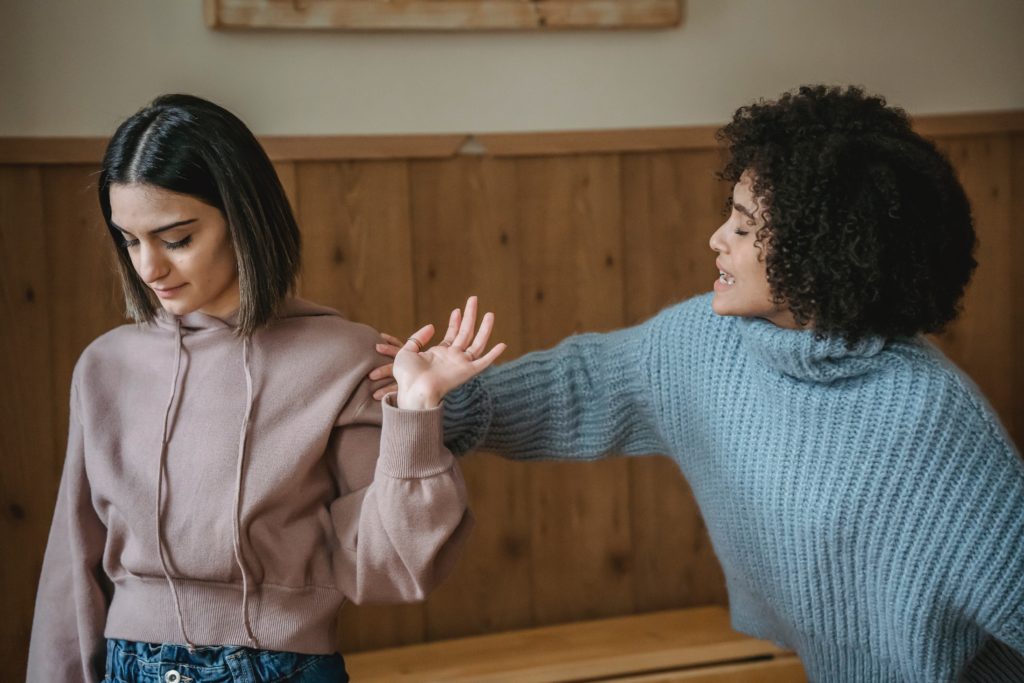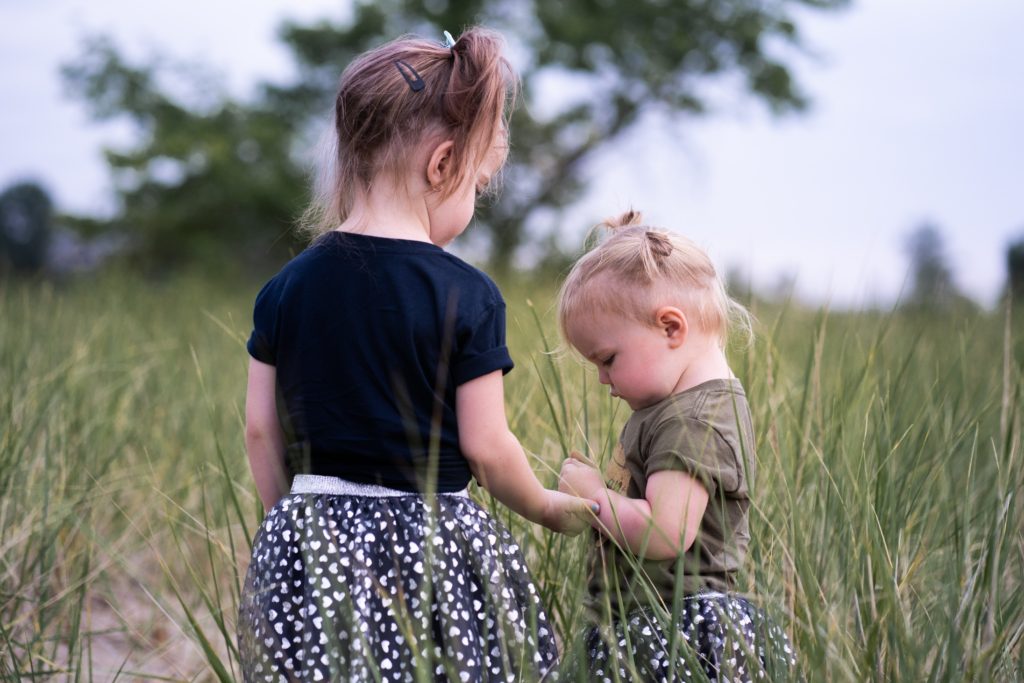Empathy is the glue that holds teams together and is why a team is a team.
What is Empathy?

I sat there in the funeral home in disbelief. The hard wooden bench, deeply stained a cherry red to match the somber entryway, was the gateway to my sadness. The only light in the darkness of losing my mother was my friend, who sat with me. For hours as I took condolences, she sat there quietly, holding my hand.
I didn’t need to feel better; I needed to get through it. I needed someone to be there with me. My friend did that for me that day. Because I was young, I didn’t understand the wonderful gift she gave me. Even 29 years later, I can remember that small gesture of empathy.
Being able to sit with someone without judgment and simply feel with them is empathy. When done right, it creates a safe emotional space and allows for vulnerability, acceptance, and even healing.
From a team-building perspective, it creates loyalty. Loyalty is a glue when each team member has empathy for another and when the leader deploys it for each person. It insulates the team from outside negative influences and reinforces positive relationships from the inside.
When do You Use Empathy?

Empathy is not only to be used in times of stress or crisis. Every circumstance would benefit from the deployment of empathy.
It can be so easy to dismiss those we love because of how frequently we see them. We become too familiar and start taking them for granted. So when they really need something from us, we stop listening and try and solve the problem.
I do this too often with my daughters. Every time I know I messed up because I could hear their frustration that I wasn’t really listening. That I had skipped ahead in the conversation without taking into consideration that the whole conversation was the point. Not just the end.
They get rightfully angry with me, and I have to take a minute to pause and reset. Every time I apologize and they lose faith in me. About half the time, they take the time to start over and allow me to really listen without judgment and enjoy their story. The other half the time, they just walk away, decreasing the chance that they would come to me in the future.
Empathy should be used anytime you are interacting with another human being. You have no idea of what they are going through nor what they really need. The only right course of action is to be with them and show genuine empathy. Allow them to feel heard and not judged.
How do You Teach Empathy?

Empathy is more of a skill than knowledge. It takes practice under different conditions to hone the mind and emotions auto-responses and reactions.
The subskills required for empathy are listening to understand, withholding judgment, controlling reactions, and being vulnerable. Let’s take each one at a time.
When we listen to understand, the number one thing we are not doing is thinking of what our response will be. We cannot be really listening and thinking of what to say at the same time. To listen to understand means to be curious about their story and have a desire to know more. As if they were the most important person in the world. When we do this, we ask deeper and more thought-provoking questions that are more meaningful.
Withholding judgment is very difficult for the human species. We are constantly judging if something is a threat or opportunity. A leftover program from thousands of years ago. When we can truly accept what someone is saying, it gives us an opportunity to understand them from their point of view.
Our reactions are often a result of conditioning from past experiences. We may disproportionately react to an event that previously hurt us in some way. We bring into the present all the baggage of the past. So when we are trying to connect with another person, that past can get in the way if we are unaware of its influence. One of the best ways to learn to control our reactions is through frequent mindfulness. This can come in the form of meditation to learn to be always present instead of on autopilot.
Finally, learning to be vulnerable means you are willing to be emotional and platonically intimate with another person. Being able to share our vulnerability through our stories gives the other person permission to do the same. It helps create a safe space to allow for harder conversations that need to be said. In the vulnerability comes the real secret of why empathy is so important.
Why is Empathy so Important?

We need to feel connected to another person. The deeper the connection, the better satisfied we are. When we demonstrate empathy, we are allowing for that connection to be established and grow. We will rely on this connection to get us through tough times and use it as a catapult to launch us to our dreams.
At the end of the day, empathy is what makes the team different than a collection of people. It is what binds us and holds us together, focused as one unit towards a goal. It is the sense of loyalty we have to one another and the reason why we keep coming back to work. It is why we will sacrifice for each other and give us the inspiration to shine in the darkest moments.
As a leader, it is our responsibility to become the best leaders we can be for our team. I know I’m not the most personable person in the world. What I’ve learned to do is simply know when to be quiet, be patient, and be grateful that another person accepts me to be on their journey. This is how I’ve learned empathy.

